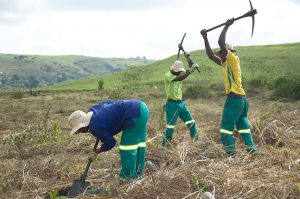Research News about Sustainability Education
A recent report from the National Academies concludes that colleges and universities would benefit from embracing sustainability education and strengthening these programs through enhanced interdisciplinarity, greater experiential learning, and increased diversity, equity, and inclusion.
-- From: https://emails.illinois.edu/newsletter/1581349436.html


